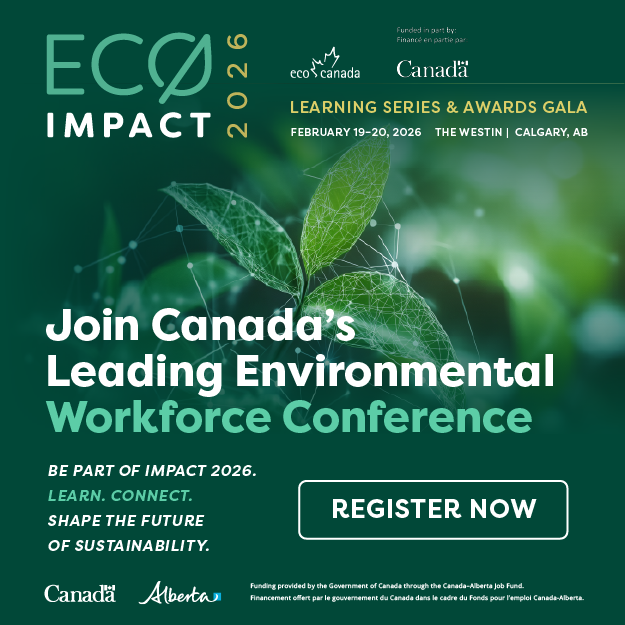You may have heard the term “blue economy” recently given the news that the Canadian government has committed to growing it. But what does this term mean and what exactly is the blue economy?
What is the Blue Economy?
There is no one clear definition of the blue economy. In general, the blue economy refers to the ways the ocean can contribute to an economy in a sustainable way. Sometimes you may see it referred to as the “ocean economy”.
The World Bank defines the blue economy as: “a concept that seeks to promote economic growth, social inclusion and the preservation of livelihoods while at the same time ensuring environmental sustainability of the oceans and coastal areas.”
The idea of oceans contributing to the economy isn’t new; oceans have been contributing to the global economy for years. What has changed is the focus from profit to sustainability. The Ocean Foundation says the ‘new’ blue economy focuses on “economic activities both based in and which are actively good for, the ocean”.
The Blue Economy and Canada
Canada has the longest coastline in the world, the 4th largest ocean territory and its lakes and rivers make up a fifth of the world’s surface freshwater. These natural, aquatic resources are the backbone of many Canadian communities and provincial territories.
The Organization for Economic Co-operation and Development (OECD), estimates the value of the world’s ocean economy (the blue economy) will reach $300bn by 2030 and, some sources state, this could provide 350 million jobs worldwide.
Embracing the blue economy in Canada looks set to help create employment and contribute to the economy. In addition, the whole concept of the blue economy is centred on preserving the oceans’ resources to ensure that they’re around for a long time to come.
This focus on preservation lies in contrast to the current ocean economy where exploitation of marine resources is done with little to no attention paid to the oceans’ future health and productivity.
Benefits of the Blue Economy
Presently, the ocean economy is focused on transport (cargo and ferries), fisheries and offshore oil and gas. These industries aren’t typically focused on sustainability and shouldn’t be relied on for economic growth in the future.
Supporters of this new blue economy cite several areas for sustainable development which are explained in more detail below.
Renewable energies
Sustainable marine energy could play a vital role in social and economic development. This includes harnessing the ocean’s wind, tidal and wave energies to step away from oil and gas which we know to be contributing greatly to climate change.
Fisheries
Fisheries contribute greatly to the economy in Canada. However, their operations are not always sustainable and focusing on improving this would lead to improved longevity in their operations.
The government’s announcement about a reformed Fisheries and Aquaculture Act looks set to improve sustainability in this area.
Tourism
Coastal tourism brings jobs and economic growth. For tourism to grow and continue to be successful, the oceans and waterways must be well preserved to maintain their intrinsic value which brings tourists.
Climate change
A focus on ocean preservation wouldn’t only benefit the economy. A more sustainable approach would help the oceans maintain their ecosystem services (benefits we obtain from a healthy ecosystem).
Marine ecosystem services include carbon storage, protection of coastal communities from flooding, supporting biodiversity and providing recreation and amenity options.
Summary
While there is no single definition of the blue economy, what’s clear is that it relates to improving the sustainability of the economic activities involving the world’s oceans. By focusing on this blue economy, it’s hoped that the longevity of fishing, tourism, and energy sources from the ocean is increased. If successful, the blue economy looks set to provide economic and social benefits, while reducing its impact on climate change.
If you’re looking to get started on your blue economy journey today, sign up for our new training course!





